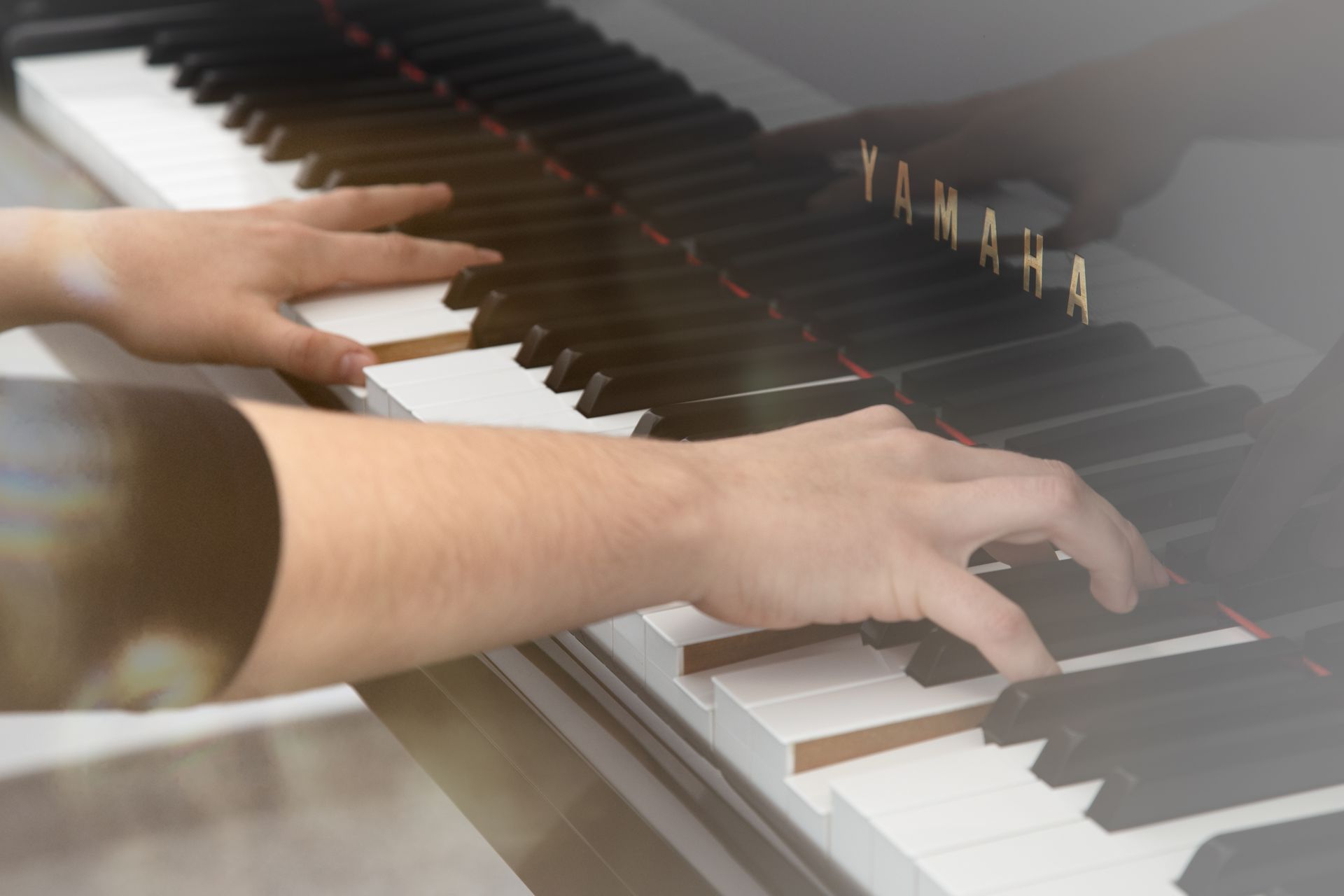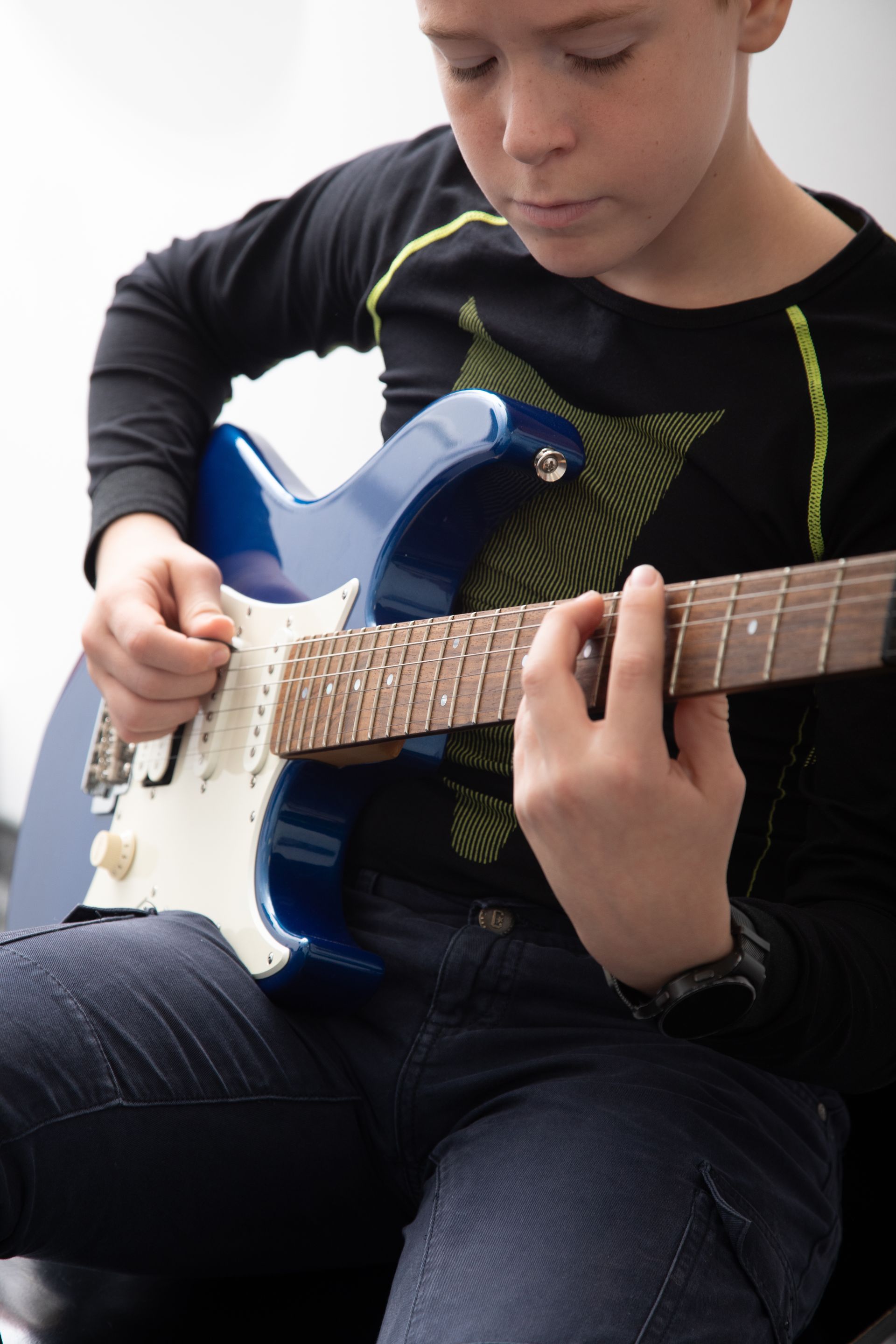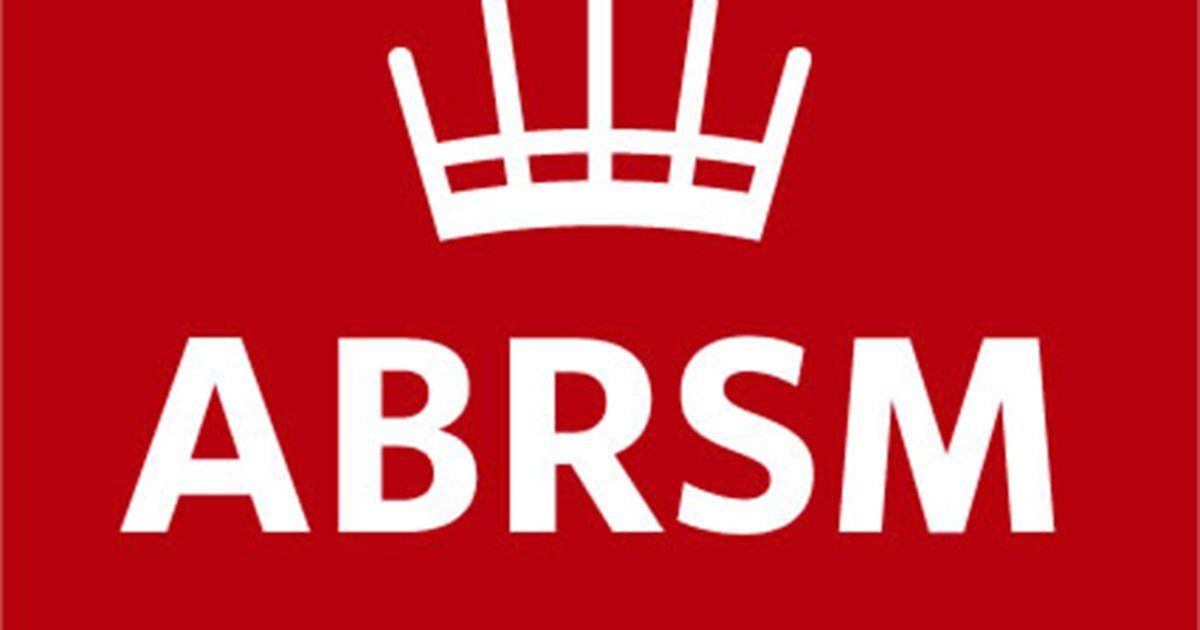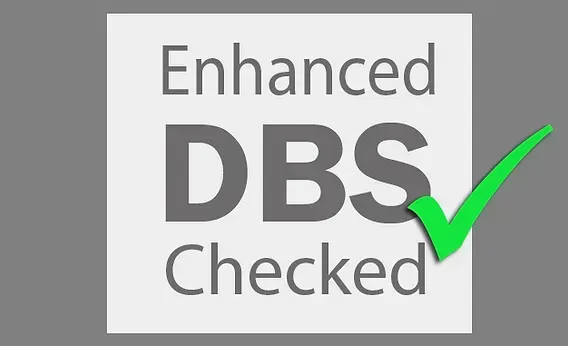
Why Regular Practice is the Key to Musical Growth
The simple habit that leads to lasting mastery
At our music school, we believe children thrive when they learn in a supportive and inspiring environment. In our small group classes (up to 8 students), children grow together, encourage one another, and experience the joy of music as a community.
But while lessons provide essential guidance, one factor makes all the difference in a child’s musical journey: regular practice at home. Whether they are learning piano, guitar, drums, keyboard, or vocals, consistent practice is the key to steady growth.
Why Practice Matters: The Science Behind It
Learning music isn’t just about remembering notes—it’s about training the brain and body to work together. Here’s why consistent practice matters:
Practice Builds Skills
Each time a child practices, the brain sends signals to the muscles involved in playing. With repetition, those pathways become faster and smoother, so movements feel more natural. Scientists call this process myelination—a fancy word for how the brain builds stronger, more efficient connections through repetition. This applies to everything from keyboard finger work to breath control in vocals.
From Short-Term to Long-Term Memory
Just like studying for a test, playing a piece once isn’t enough. Regular, spaced-out practice helps transfer music knowledge from short-term memory into long-term memory. That’s why children who practice daily, even for a few minutes, remember songs more easily and make steady progress.
Developing Muscle Memory and Coordination
Musical skills require fine motor control. With consistent practice, a child’s fingers, hands, or voice begin to “remember” what to do. Over time, playing becomes more natural—much like how athletes train their bodies until movements feel automatic.

The Power of Small Steps: Why Short Sessions Work
Research shows short, frequent practice sessions are far more effective than cramming. Just 15–20 minutes a day can make a big impact, while an hour squeezed in before a lesson often does less. The steady rhythm of daily practice is what truly drives growth.
How Parents Can Support Practice at Home
Parents play a vital role in building healthy practice habits. Here are a few simple ways to help:
- Set a routine—practicing at the same time each day works best.
- Create an inviting practice space—choose a spot that’s free from major distractions, but still part of everyday family life. Children shouldn’t feel banished to a far-off corner; in fact, it’s great if parents can listen in, even while cooking dinner or going about their day.
- Keep instruments accessible—make sure the instrument is easy to reach and ready to play. A keyboard stored on top of a wardrobe or a guitar hidden in a case makes practice less likely to happen. The easier it is to grab and play, the more often your child will practice.
- Celebrate progress—whether it’s finishing a song, mastering a tricky rhythm on the drums, or simply sticking to the routine.
- Focus on consistency, not perfection—progress comes from showing up every day.
Lessons and Practice: The Perfect Balance
Our small group lessons give children professional instruction, encouragement from peers, and the motivation to keep going. But it’s the daily practice at home that turns those lessons into lasting skills.
When fun, interactive group classes are paired with regular practice, children don’t just learn music—they develop discipline, focus, and confidence that last a lifetime.
Ready to see your child grow through music? Join us and discover the perfect balance between lessons and practice.








